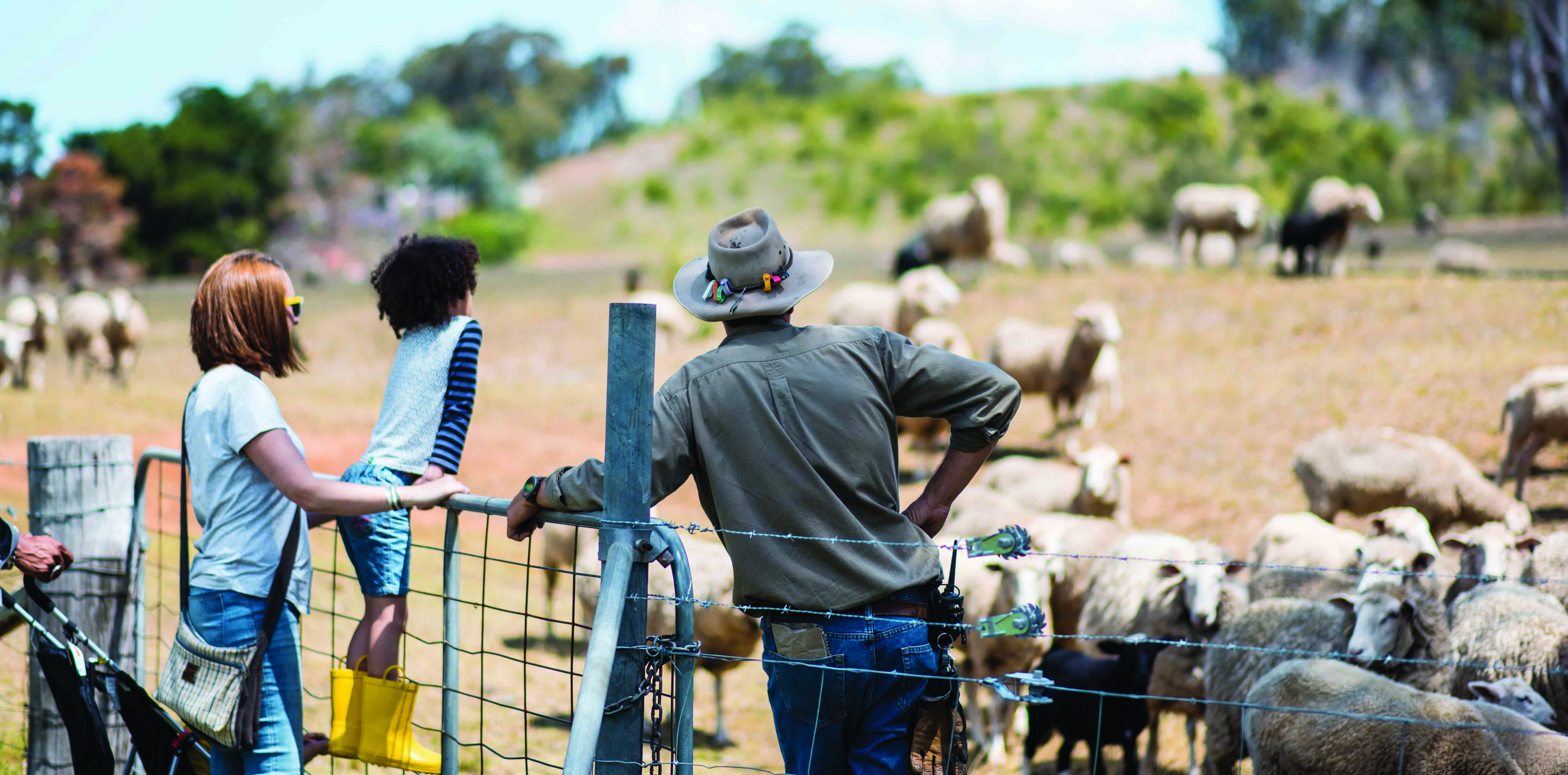The gap in healthcare across rural communities can only be solved by the local training of GPs, experts say
Rural communities are facing persistent health inequalities compared with their urban counterparts due to a shortage of locally trained doctors, experts say.
A perspective recently published in the MJA said the ongoing focus of training medical students in city hospitals meant rural communities were left waiting for a downstream trickle of doctors to reach their towns.
“We may have universal health insurance and world-class hospitals, but without a health workforce that is appropriately skilled and distributed for equitable access in rural areas, universal healthcare is not a reality in our country,” the authors said.
The authors compared the rural health service to a sick patient, unable to afford the constant travel required to access the same quality of services available in cities.
The authors said the newly developed National Rural Generalist Pathway training program designed to train more rural doctors would produce GPs skilled in providing high quality medical care specific to the needs of rural and remote communities.
The program hopes to relieve rural towns of having to rely on expensive city-based systems, locums and overseas-trained doctors every time a local GP takes leave, retires or moves away.
“[Non-permanent GPs] affects [rural towns] ability to plan, achieve stable high-quality multidisciplinary teams, and invest in areas of broader community need.
“This results in people missing out on healthcare, using regular aeromedical retrievals, and travelling, usually at great cost,” the authors said.
Unlike existing training programs, the pathway will enable students, junior doctors and registrars to stay in one rural community for their entire training.
“[Being] based in rural communities that need rural generalists, [with a] rural base and a training position with secure funding is critical for allowing doctors to settle and connect with other rural people,” the authors said.
In addition, the pathway hopes to contribute a decade of economic value to rural communities for every doctor trained in the program.
“A National Rural Generalist Pathway is good for rural communities. Healthy rural communities are productive rural communities. Productive rural communities are great for our nation as a whole,” the authors concluded.
MJA 2019, 8 July


